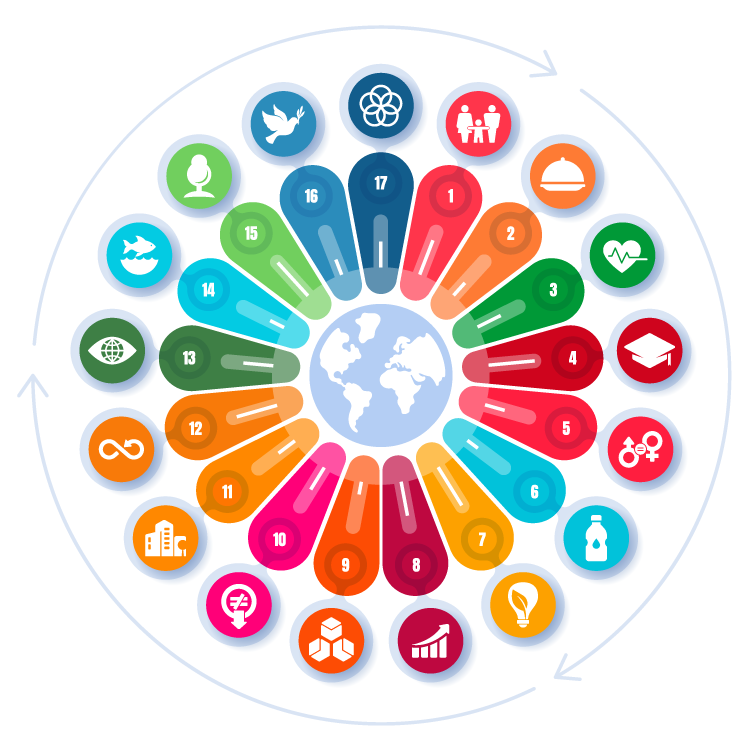4 Sustainability Reporting Trends Coming Out of United Arab Emirates
In recent years, sustainability reporting has emerged as a critical component of corporate strategy in the United Arab Emirates (UAE), reflecting a broader global shift towards transparency and accountability in business practices. As the UAE positions itself as a regional leader in sustainability, companies are increasingly recognising the importance of Environmental, Social, and Governance (ESG) factors in their operations. With national initiatives like the UAE Net-Zero 2050 and the Abu Dhabi Vision 2030 driving this momentum, organisations are not just formulating strategies but actively implementing them to meet both regulatory requirements and stakeholder expectations. Here are four sustainability reporting trends coming out of the UAE.
- Increased Adoption of ESG Strategies
In recent years, UAE companies have demonstrated a seismic shift in their approach to environmental, social, and governance (ESG) issues. According to the PwC Middle East Environmental, Social & Governance Report, 64% of respondents have adopted a formal ESG strategy in the last 12 months. It’s clear things are shifting in the UAE — we are seeing a growing commitment to sustainability and transparency.
2. Commitment To Carbon Neutrality
A striking 73% of companies surveyed by PwC either making carbon-neutral commitments or actively working towards them. This statistic reflects a changing mindset in a region traditionally associated with fossil fuel production, which understandably raises questions for businesses considering sustainability reporting: How can they translate these carbon-neutral pledges into tangible actions? What challenges might arise in a market where energy-intensive industries have long been the norm?
3. Executive-Level Focus on ESG
Organisations in the UAE are recognising the importance of ESG at the highest levels. Many companies now appoint dedicated resources to handle ESG agendas at the executive level, prioritising the need for strategic execution beyond mere strategy formulation. Emirates NBD has established a Chief Sustainability Officer role to drive its ESG initiatives, while Majid Al Futtaim has appointed a Chief Sustainability Officer to oversee its sustainability goals. This shift in perception is not just about compliance; it’s about embedding sustainability into the core of business operations, ensuring that ESG considerations are integral to decision-making processes at the highest levels. It’s not surprising to see these shifts as investors are changing the way they go about investments. Over 84% of retail investors in the UAE prioritise ESG factors in their decision-making, and an additional 13% plan to incorporate these considerations soon enough.
4. Self-Funding ESG Initiatives
Interestingly, 46% of UAE organisations are self-funding their ESG activities rather than relying solely on innovative green financing opportunities. This self-sufficiency is a commitment to sustainability that goes beyond financial incentives. It’s a proactive approach to integrating ESG principles into their core business strategies. By investing their own resources into these initiatives, companies are saying to stakeholders, ‘Hey we’re serious about our environmental and social responsibilities’, which can enhance their reputations and hopefully build trust with consumers. This trend also reflects a growing recognition that sustainable practices can lead to long-term operational efficiencies and cost savings, ultimately benefiting the bottom line while contributing to a more sustainable future.



























